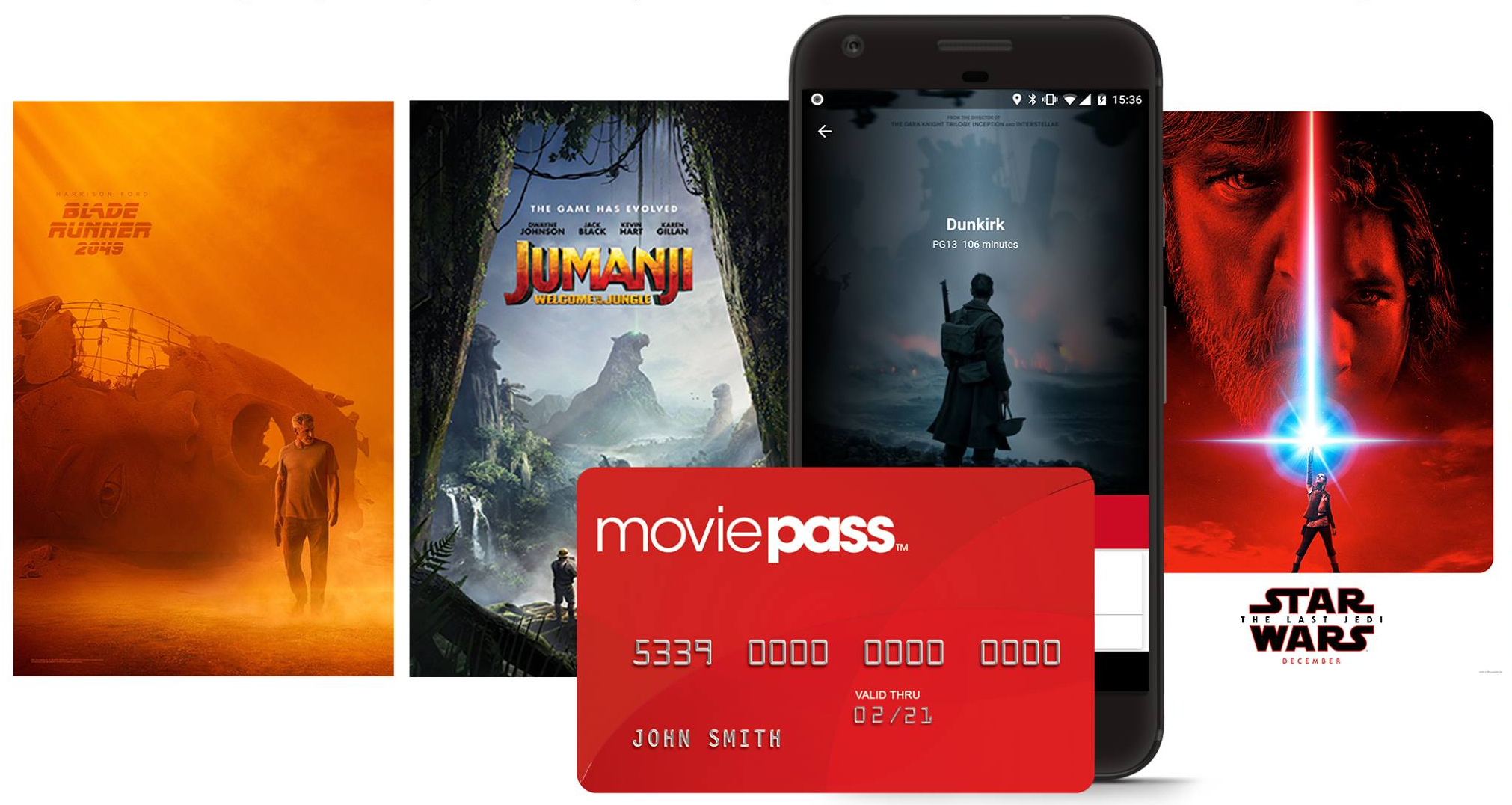MoviePass is a subscription-based service that allows users to watch almost any movie in theaters for a flat monthly rate. In August, the company announced a surprisingly low price of $9.95, leaving many scratching their heads. I interviewed René Sánchez, cinema expert and movie critic at CineSinFronteras.com, and we discussed the privacy implications and the potential impact to the online streaming industry.

Even though I’ve been using it for a month already, it still feels too good to be true. Were you surprised by the MoviePass announcement?
Yes, I was surprised by their announcement to reduce the monthly subscription price to just $9.95. It is such an amazing deal, especially when you consider that a regular, 2D movie here in the Seattle metro area costs between $12-15. So even if you only watch one movie every month, you will be saving some dollars with MoviePass! What shocked me the most was to know that the major exhibitors and theater chains were onboard with this change. I expected a lot of pushback from them, considering their old-school ways to operate. So far, only AMC has tried (and failed) to restrict the use of MoviePass in their theaters.
What’s the problem that MoviePass is trying to solve?
People don’t go to the movie theaters anymore. Studios and exhibitors keep blaming Netflix and other rival streaming platforms for their audience loss, instead of recognizing the real root cause: the movie-going experience has become very expensive and obsolete. Ticket prices rise every year (the same goes for concessions), studios keep releasing sequels and remakes no one asked for, and most multiplexes scream for renovations (uncomfortable seats, run-down interiors, and poor image and sound quality). To top it off, patrons can sometimes be rude and annoying.
Again, it’s really not Netflix’s fault that people want to stay at home, rather than going out to watch a movie. Who wants to pay more than $60 (including tickets, food and parking/Uber) to enjoy a mediocre movie in a rickety auditorium, while everyone else is either talking or staring at their phones?
Continue reading “Would you give up your privacy for unlimited movies? interview with René Sánchez from CineSinFronteras.com” →






